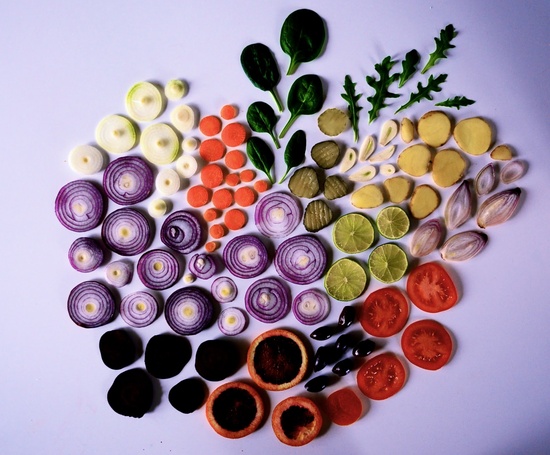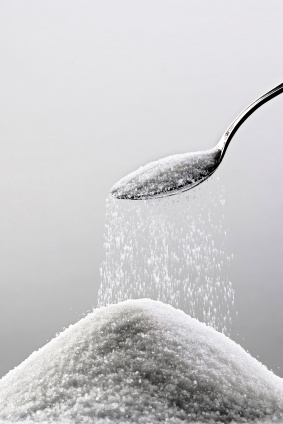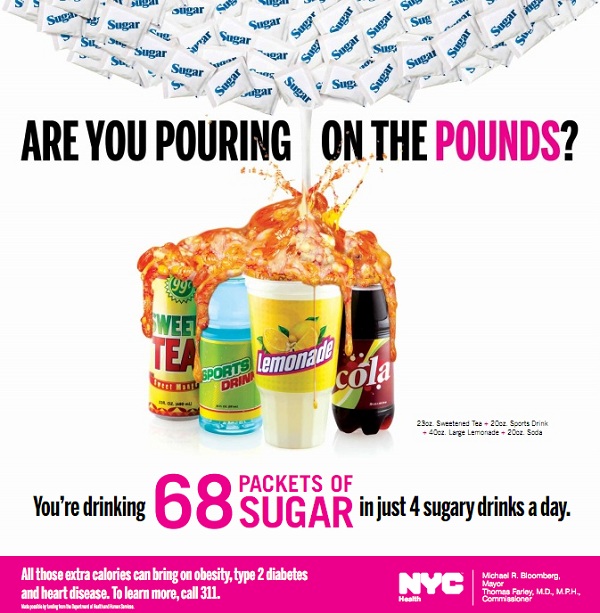
8 Important Diet and Weight Loss Habits For A Healthy Life
Article written by Dr. Damien Hsu, R.D., Ph.D
Whether you’re already fit and want to maintain your ideal weight or you’re someone who is just starting to implement a weight loss regimen, the tips we have below will help. There are certain habits that healthy people follow. These habits contribute to staying healthy and fit. The tips we are about to outline have been shown to promote a healthy way of maintaining your ideal weight if you are already there.
For many of us striving for our ideal weight goal (if you do not have a goal yet, we suggest creating one — read these tips on goal setting) the tips below will be a great primer to weight loss.
1. Drink 500 ml of WARM water first thing in the morning and 250ml before each meal
Water has an aiding ability in flushing out toxins and waste products that inhibit weight loss. Toxins tend to be stored with fats, making it harder to shed fats in certain areas of our body such as the belly. The amount of abdominal fat is a good risk indicator for heart disease. Water takes up 80% of our blood, around 70% of our brain and around 60% of our body, making it paramount in overall metabolism and mental functions. In addition, warm water is more gentle to your organ to utilize and it also speeds up your metabolism, not to mention it water has ZERO calorie.
Tip: Never drink calories. It’s time we give up the milkshakes and sodas that contribute to our weight gain. Diet sodas contain chemicals that aren’t good for us either. Water should be our number one source for thirst quenchers.
2. Eat slowly, chew thoroughly
Digestion starts in the mouth. Our saliva contains the enzyme that helps breakdown carbohydrate. When food particles are chewed thoroughly, they are well immersed with the digestive enzyme, leaving less work and burden for the rest of our digestive system to do work. In addition, our body signals the brain with a sense of satiety as partially digested food enters the small intestine. Thus, if you eat too fast, you are more likely to overeat since there is a time lapse between the food getting into our small intestine and the brain perceiving we are full.
3. Avoid eating after 10pm
The calories you consume after 10pm are more likely to be stored as fat due to a protein called BMAL1. This protein is associated with human circadian rhythm and helps in fat storage. The blood concentration of this protein is especially high after 10pm. This means what you eat after 10pm, food is more likely to be stored as fat compared to if you eat the same amount but at a different time during the day.
4. Control your blood sugar by eating low GI foods
Control your body sugar by eating foods with low GI (glycemic index), which does not raise your blood sugar too quickly. The reason to eat low GI food is because when your blood sugar goes up too much, our pancreas will produce insulin to lower the blood sugar. Insulin is something that will help our body store fats. If you happen to be overweight and do not exercise much, your insulin might not work as effectively, which forces pancreas to pump out more insulin next time when blood sugar is too high. More insulin means more fat storage. Overtime, this becomes a vicious cycle and your weight will continue to rise.
5. Eat your fibers
You might be tired of listening to the advice on eating more fibers such as through eating vegetables and fruits. However, it is something that can not be stressed more. Not only the minerals and vitamins found in fruits and vegetables are important to the vitality of our body, the fiber content can help lower blood cholesterol and regulate blood sugar. Additionally, you can find antioxidant property and phytochemicals in fruits and vegetables. In addition, most fruits and vegetables have low GI and low calories, and fiber can also help the growth of good bacteria in your digestive track.
6. Build your muscles from your waist down

Research has found that newly developed muscles from the waist down releases hormones, collectively called myokine. This kind of hormones might help breakdown fats and might help prevent diabetes and hypertension. Therefore, exercises like cycling, stair-climbing, and running that would enhance building muscles from the waist down is important.
7. Eat breakfast (Always)
More and more research has shown that those who eat breakfast are less likely to be overweight or to eat unhealthy snacks throughout the day. Eating a well-balanced breakfast is important. Breakfast should include some fiber and complex carbohydrate (oatmeal or apple), healthy fats (olive oil, avocado, nuts) and lean protein (low fat milk, egg whites, low fat yogurt).
Tip: Avoid sugary or high carbohydrate breakfast foods. Many of us buy our breakfast in fast food places but we fail to realize that the foods we buy are high in calories. If possible, make your own breakfast or stick to a healthy breakfast routine. A great way to maintain and lose weight is establish a routine of eating a healthy breakfast (even if you eat the same healthy foods every day).
8. Exercise more than 30 minutes each time

During exercise, the duration and the intensity determines whether your body is using fat or glucose as the main fuel. Research has shown that during moderate intensive exercise, which is most cardio workout we do, such as running, the main fuel the body is using shifted from glucose to fat upon 30 minutes into the exercise. Thus, if you want to burn more fat, it is crucial to exercise more than 30 minutes. However, if you don’t have 30 minutes to spare, exercising for however long you can is always better for you than doing no exercise.







